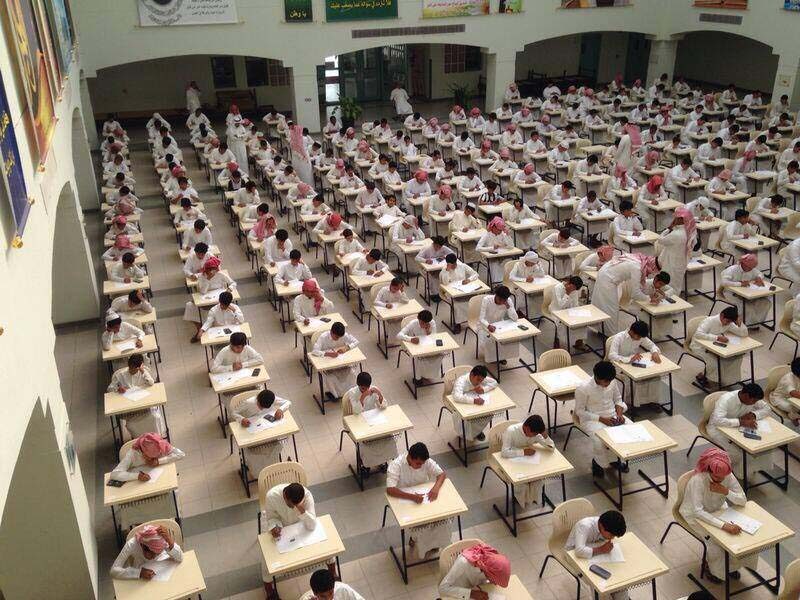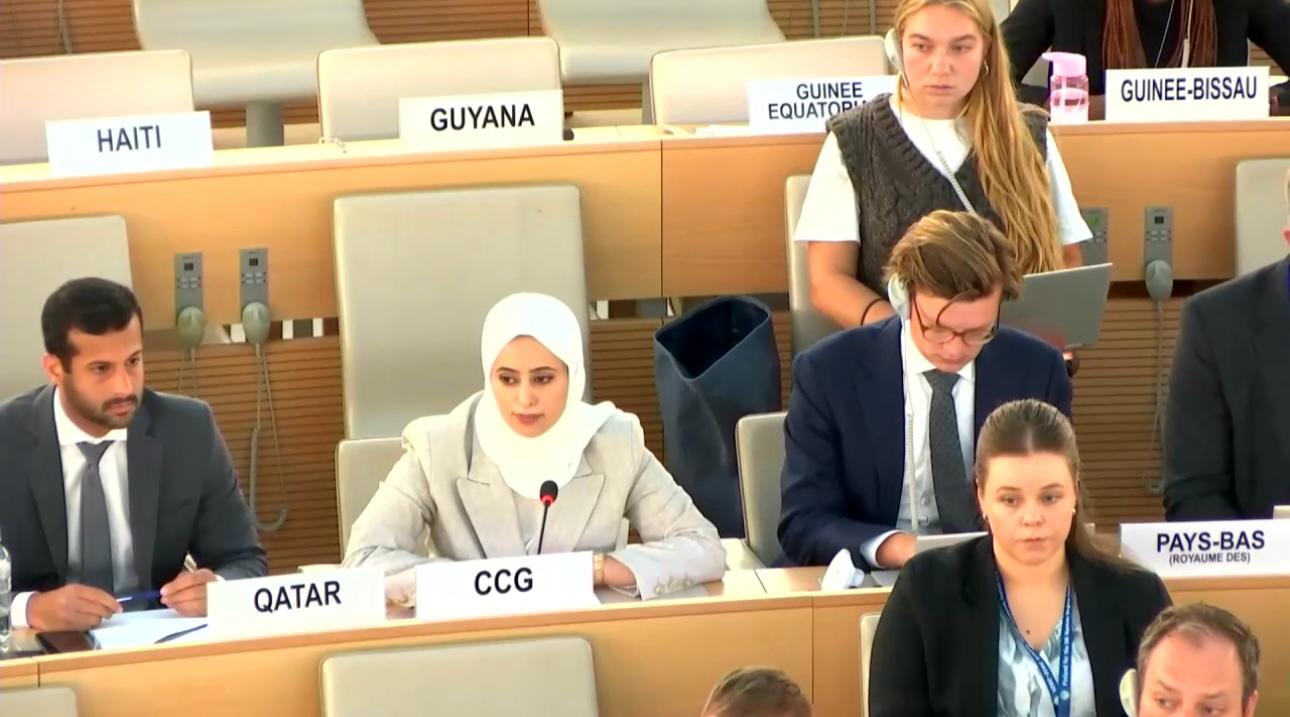
Qatar’s Supreme Education Council (SEC) has defended its new grading system after several residents expressed outrage over a sharp increase in the number of high school students who failed their exams.
This year, 72 percent of students in Qatar’s government-run independent schools passed their exams, down from 85 percent last year. While the SEC maintains this “reflects the true academic level of the students,” the results haven’t sat well with some parents and students. Some have gone so far as to accuse educational authorities of “deliberately failing students.”
اللي حصل في #نتائج_الثانوية_العامة أمر يستدعي لجنه للتحقيق محايده،،
كيف طالب نسبته ٨٠٪ وآخر السنه ٦٠٪ !!
#قطر
— MR Alhajri (@MrAlhajrii) July 2, 2015
Translation: (We demand) an investigation (be opened) by a neutral committee on these high school results. How can a student get 80 percent (in periodic exams during the year) and 60 percent in the finals?
http://twitter.com/AlbasherHala/status/617419952467738624
Translation: We have worked hard, but you gave us lower marks and didn’t give us our rights.
In a statement published Saturday, the SEC “expressed regret” over these attacks and defended its new grading process, saying it was transparent and credible.
Explanation
The SEC said it changed the methodology used to grade students and is relying more heavily on their actual exam scores. In previous years, final grades were calculated by applying a student’s scores through grading scales and equations provided by an outside company.
The SEC said that system wasn’t working. It “exaggerated” grades and failed to accurately assess whether a student was prepared for post-secondary studies.

It referenced a Qatar University study that found two-thirds of students who scored between 80 and 90 percent in high school had difficulties continuing their studies in university, as did 10 percent of those who scored higher than 90 percent.
While the SEC said it understood the frustration of some of the students who failed or had unexpectedly scored low grades, officials said it hoped these individuals would put in more effort to achieve their goals:
“Success is not a guaranteed entitlement for the student. It’s a result of his effort and work,” the SEC said in its statement.
Other reasons behind the lower scores include that many of the students who go to night school or are homeschooled intentionally didn’t attend the exams, after they discovered that stricter rules were implemented against cheating, according to SEC.
But many on Twitter weren’t swayed by SEC’s statement, describing it as “nonsense.”
http://twitter.com/rahaf87777/status/617464351671189504
Translation: At the end, these grades are because of your failure and the failure of the education (system). You want development when one graduates from independent schools not knowing how to read properly?
@SEC_QATAR خاطري يوم تعرفون أنكم مخطئين يالمجلس الأعلى نسبه الرسوب وتدني الدرجات عاليه وان دل دل على مشكله من قبلكم انتوا
— عائشة القطرية (@MeetinHeaven) July 4, 2015
Translation: I’d wish you’d admit your mistakes SEC, the number of those who failed is higher and those who got higher scores is lower. That’s proof that you’re the problem.
The SEC emphasized that test scores are the joint responsibility of students, educators and parents.

It suggested that parents should regularly monitor and follow up on their children’s academic levels, discipline and attendance and not “make up excuses for them, like some parents do,” the statement said.
The SEC added that parents can easily follow up on their children’s performance and behavior through an online portal unveiled in 2012.
Last September, just before schools officially opened, the SEC announced that students who are habitually absent would be banned from sitting for term and final exams.
It’s not clear if this policy was implemented, or how it affected the country’s overall pass/fail rate.
International comparisons
Studies have suggested that students in Qatar struggle to keep up with their peers academically.
In May, the Organization for Economic Cooperation and Development released a report that found students in Qatar had among the lowest standardized test scores in the world.
Qatar placed 68 out of 76 countries, which was the lowest rank in the GCC after Oman (72nd).
The report included students from both independent (state-funded) and private schools.
Thoughts?







